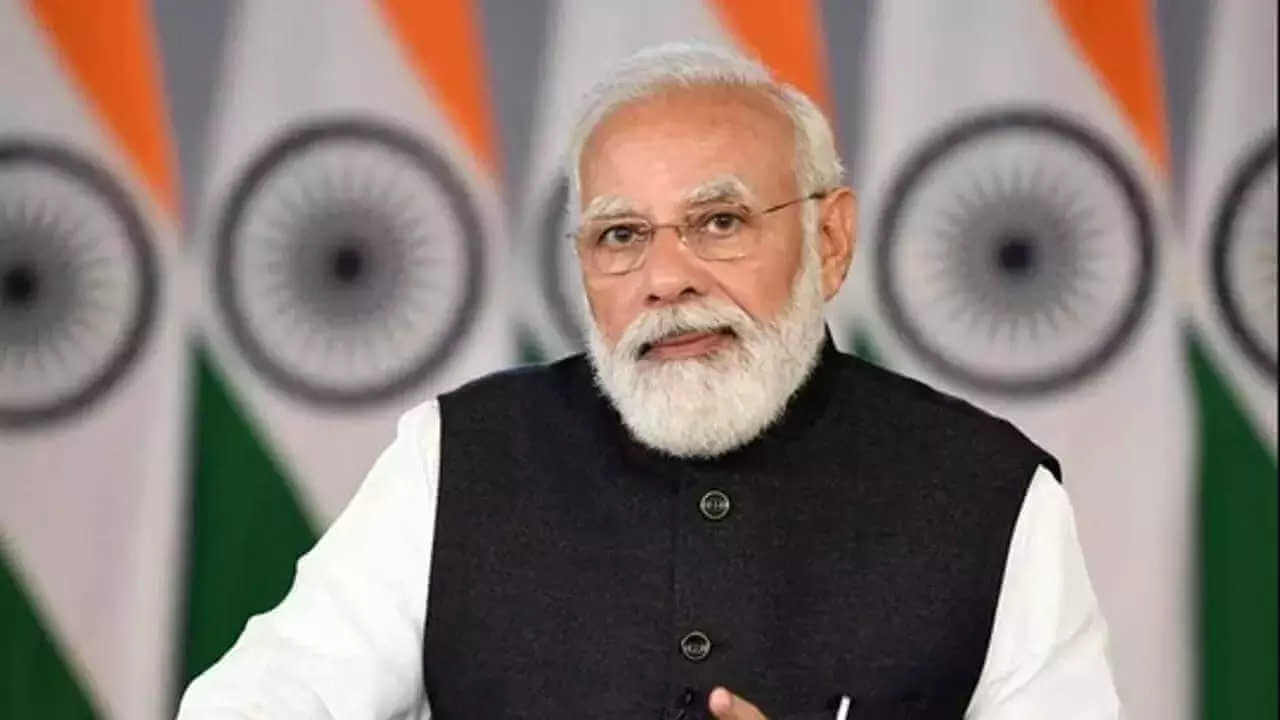A new report published by the Economist Intelligence Unit (EIU) has forecasted that Indian PM Narendra Modi and his ruling Bhartiya Janata Party (BJP) are set to begin a second decade in power in the country.
Findings on Asia
The report’s publication comes as more than half of the world’s population is set to go to the polls next year. Nine of such national elections will be held in Asia.
In Asia, the EIU predicted that incumbent administrations will remain in power across the majority of 2024’s elections.
Findings on India
The report indicated that Indian PM Narendra Modi and his ruling Bhartiya Janata Party (BJP) are set to begin a second decade in power in India.
The EIU predicted that the incumbent BJP-led coalition will “comfortably” win the Lok Sabha elections in April-May 2024, “ensuring continuity in government and policy.”
It articulated that the party, which has already been in power for a decade, will “continue to benefit from three main factors: a high popularity rating for the prime minister, the delivery of reforms to intended beneficiaries, and a perceived stronger global positioning of India (which will appeal to the urban electorate).”
The report added that the new opposition alliance of 28 parties, called the Indian National Developmental Inclusive Alliance (INDIA), which is led by the Indian National Congress, “is held together weakly.”
This, it said, “will limit its appeal to an electorate that is sceptical of multi-party government,” further saying that “while its chances of unseating the BJP are very low, we still expect INDIA to secure enough seats to reduce the BJP’s large majority modestly.”
EIU's latest political report explores Pakistan's powerful military and its potential influence on the country's election, which could lead to social unrest. Explore our election analysis here: https://t.co/zAzBSgSEfq pic.twitter.com/q0lGgnCZkK
— Economist Intelligence: EIU (@TheEIU) December 26, 2023
Additionally, the EIU stated that there will be no “big bang” reforms under a returning BJP administration, “which will continue to focus on issues such as land acquisition, labour market initiatives and agriculture reforms,” and “existing initiatives such as boosting the manufacturing sector, diversifying and indigenising defence equipment and strengthening infrastructure will continue.”
With regards to foreign relations, it conjectured that “relations with neighbouring China and Pakistan will remain hostile,” while India will “further pursue its mission to be a leader of emerging economies through forums such as BRICS+ and the G20.”
The country will also “pursue stronger relations with the US and its allies to strengthen capabilities in areas such as defence, critical technologies (including semiconductors) and funding for green transition projects like the National Green Hydrogen Mission.”
Findings on Pakistan
Published only weeks ahead of Pakistan’s upcoming 8 January National Assembly elections, the report claimed that the country’s powerful military and its potential influence on the country’s elections “could lead to social unrest.”
“Our baseline forecast is for the ruling coalition, led by the Pakistan Muslim League (Nawaz), or PML (N), to secure a majority of seats, assisted by its ties with Pakistan’s powerful military,” the research body said.
However, it added that the opposition, led by the Pakistan Tehreek-e-Insaf (PTI) party of the former PM Imran Khan, “commands significant popularity despite Mr Khan’s incarceration, it has hostile relations with the army.” “Social unrest could consequently ensue, depending on how the polls are perceived to have been handled,” it noted.
With regards to foreign relations, the organisation predicted that “Pakistan will continue to rely on China, which is the former’s major trade and investment partner and vital to the development of its infrastructure.”
Nonetheless, due to debt sustainability concerns, it speculated that China will “pursue a measured approach towards fresh investment in Pakistan, focusing only on projects with promise and strategic importance.” Further, “Pakistan will continue to seek stronger links with Gulf nations, while relations with the US will remain cool.”

